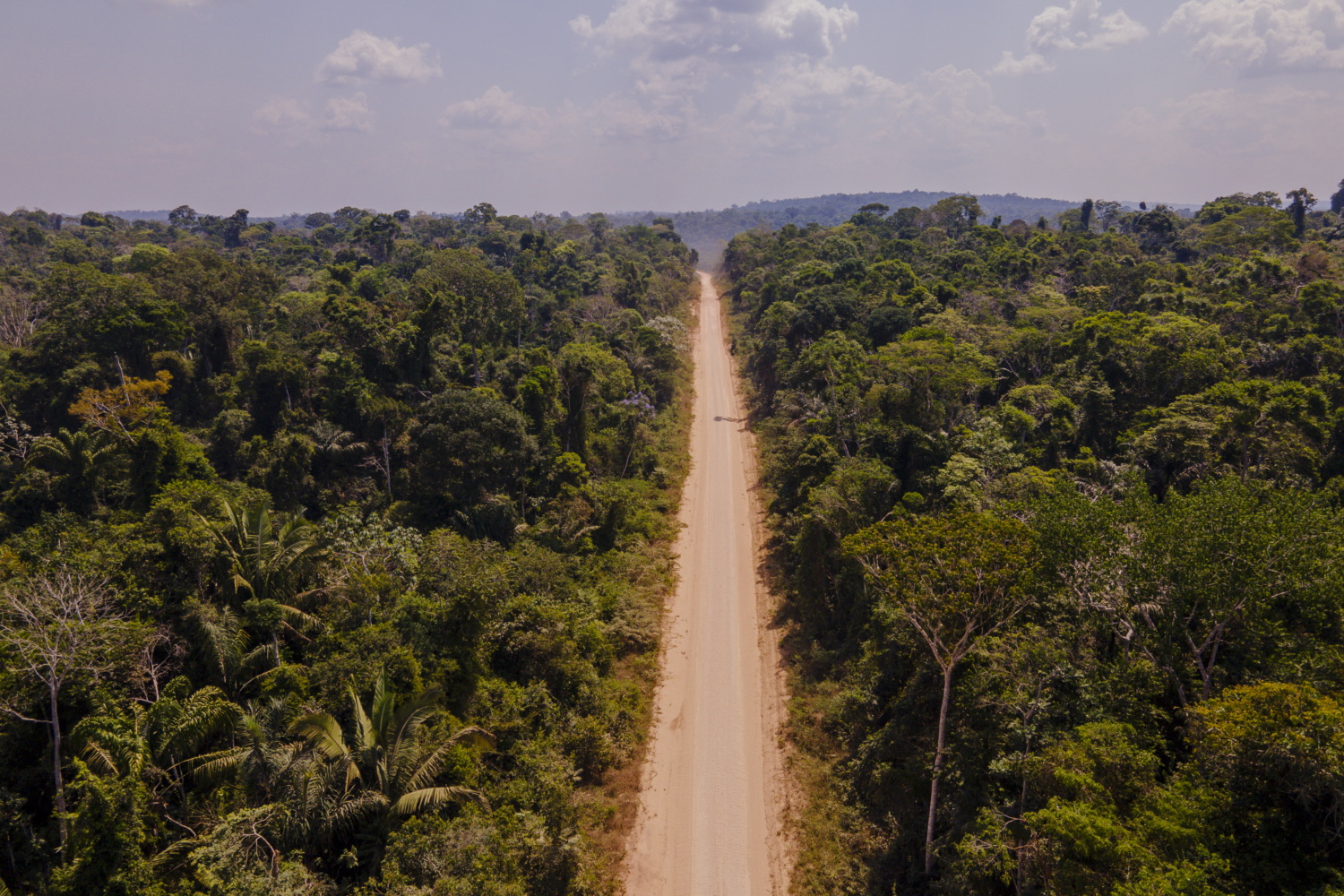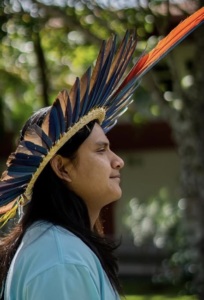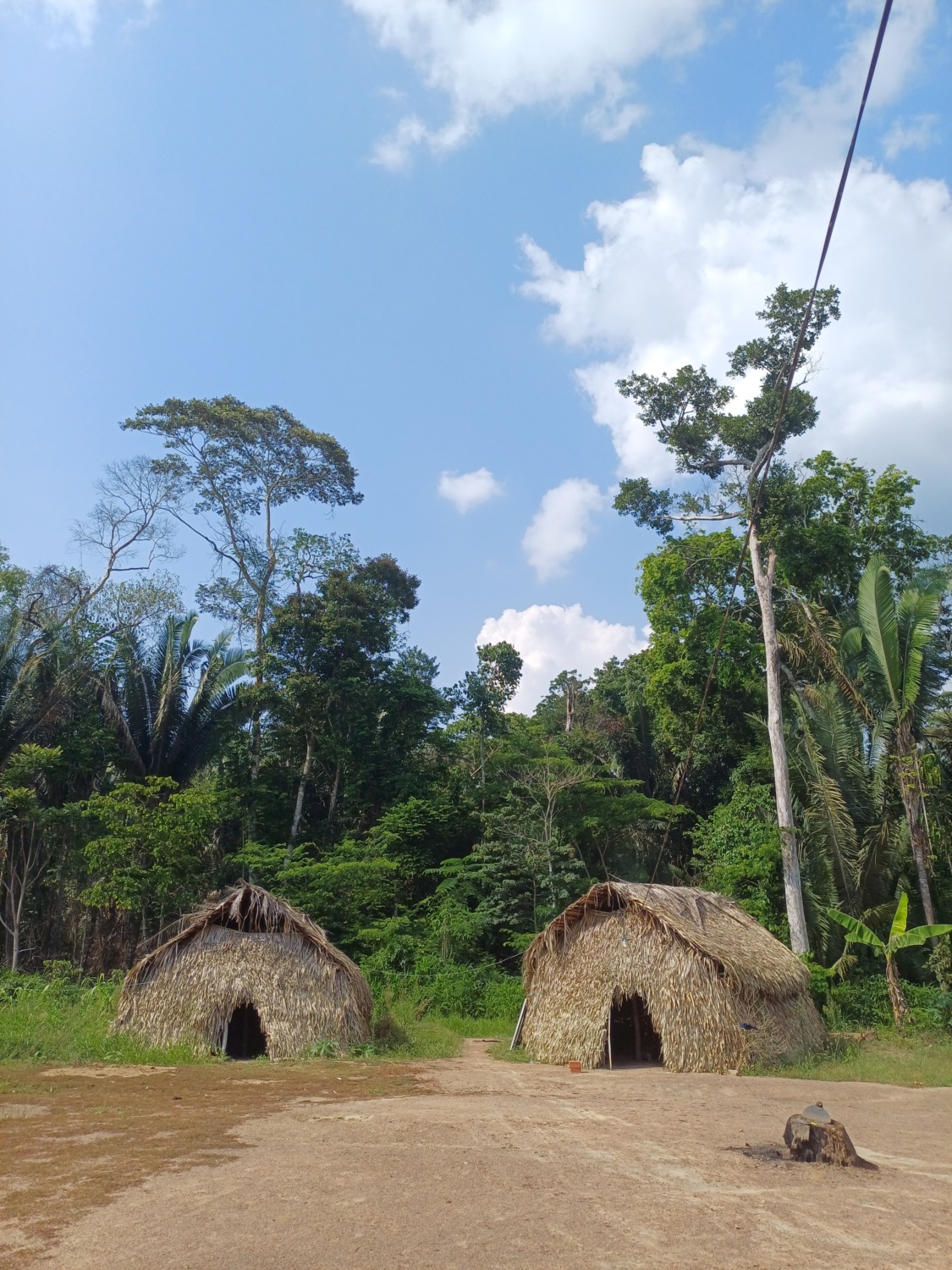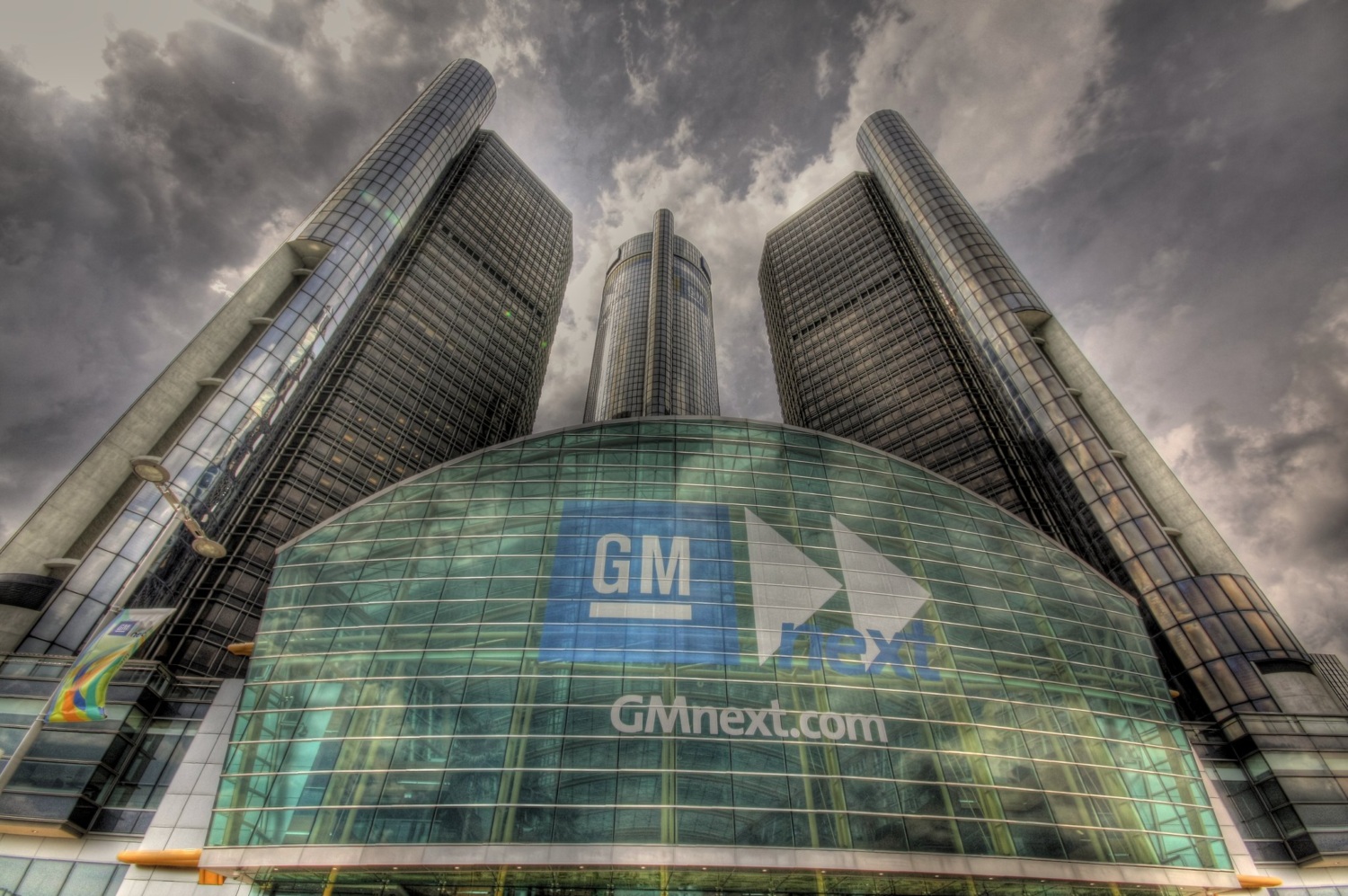
Brazilian Indigenous leader fears his people won’t survive “constant war” with meat industry
“We live in a constant war, and few of us want to have children during a war over territorial disputes. We are witnessing the invaders increasingly appropriating our territory, killing the animals, and then we think: How will our children grow up with this great fear of being attacked?” Bitaté Uru-Eu-Wau-Wau, 2 December 2024
A “constant war” of land invasions, violence, deforestation, and degradation, including fires and illegal cattle ranching, continue to threaten a future for Indigenous Peoples in Brazil, according to a new Mighty Earth investigation. The Uru-Eu-Wau-Wau (UEWW) Indigenous community in Rondônia State in the Amazon is under relentless pressure. Our study found 44 hectares of recent clearance, 40 hectares of which were inside the Legal Reserve (April to October 2024) and 58 fire alerts on two farms bordering the Indigenous Territory, with a blaze spreading into UEWW land in September of last year. The cattle ranches identified in the report were part of Brazilian beef giant JBS’s and Marfrig’s indirect beef supply chains, which the study finds supplied beef products to major Brazilian supermarkets such as GPA/Casino[1], Carrefour and Assaí/Sendas. The analysis highlights five other Indigenous communities across the Amazon and the Pantanal which are similarly imperiled by cattle expansion.
The analysis is published as a new bill that weakens the need for environmental licenses for agribusinesses and other industries is making its way through the Brazilian Parliament. It’s been dubbed the “Devastation Bill” for the impact it could have in further threatening Indigeous communities.
The Uru-Eu-Wau-Wau’s battle for survival
The Uru-Eu-Wau-Wau Indigenous Territory has been coming under attack for several years, with one community member, Ari Uru-Eu-Wau-Wau, tragically murdered in April 2020 while on a forest surveillance mission. In 2023, community members were taken hostage in an ambush by land grabbers. The psychological pressure of living with invaders in their midst and the constant whirring of chainsaws as trees are felled, is taking its toll on the community’s lives.

Bitaté Uru-Eu-Wau-Wau, President of the UEWW Indigenous Association, said the community’s numbers are dwindling:
“In the past five years, due to the pressures of invasions, our population has decreased. There have been premature deaths, including for our people who were defending the Territory.”
Between 2001 and 2024, 20,731 hectares – an area twice the size of Paris – were cleared inside the UEWW Territory, according to PRODES, the Brazilian government’s forest monitoring system. The situation is critical in an area of the UEWW land known as PAD Burareiro, where more than 70% of the territory was used for cattle grazing in 2022.
“We can’t access our sacred spaces, like the Burareiro region, which was a cemetery where some of our ancestors’ bones were buried. The presence of invaders and their houses and farms has prevented us from visiting places that are sacred to us, and cattle trample our dear departed,” said Bitaté Uru-Eu-Wau-Wau.
Threatened “buffer zones”
Encircling the legally protected Indigenous Territories are “buffer zones,” where any human activity including ranching should be regulated. But the unclear boundaries and lack of effective regulation means these areas have become “no man’s lands” offering zero protection to Indigenous communities on the frontline of deforestation.
João Gonçalves, Global Protein Transition lead at Mighty Earth, said:
“Indigenous Peoples are the guardians of the forest and biodiversity in the Amazon, but they are being attacked and worn down by very powerful forces, which are hellbent on expanding the destructive practices of the meat industry, devouring more and more land for cattle ranching, much of it illegal, and imperiling Indigenous lives.”
“This human rights violation and war on nature cannot be ignored. There must be better monitoring of both buffer zones and ancestral lands to protect the Indigenous people defending the forest and prevent pushing the Amazon ever closer to an irreversible tipping point.”
Other Key findings
- JBS, Marfrig and Minerva beef slaughterhouses supplying retailers Carrefour, Grupo Mateus, Assaí/Sendas, and GPA/Casino in Brazil were linked to 851,121 hectares of deforestation and nature conversion – equivalent to more than one million football pitches – in the Amazon and the Cerrado between 2009 and 2024.
- More than half (54%) of this deforestation originates from potential indirect cattle suppliers. Brazilian beef giant JBS accounts for 83% of the total impacted land the analysis detected through monitoring.
- 3,966 hectares of recent clearance was found on the five case study farms highlighted in the report, equaling 3 million tonnes of Co2.
- 1,409 beef products found in supermarkets across Brazil were scanned by researchers using the ‘Do Pasto ao Prato’ (dPaP) mobile app, between February and December 2024. Data from the scanned beef samples showed they came from 174 slaughterhouses, including 39 in the Legal Amazon.
- The beef products were found in 100 stores belonging to the 4 largest retailers (Carrefour, Grupo Mateus, Assaí/Sendas, and GPA/Casino) in 44 cities in19 Brazilian states.
- More than half (378 out 687) of the beef products scanned on Carrefour’s shelves in Brazil were linked to JBS.
- Across the four retailers, 676 (51%) beef products were linked to 52 JBS slaughterhouses.
- Combining this data with a sample of Animal Transportation Documentation (Guia de Trânsito Animal, GTA) from 7 states in Brazil, the analysis identified 6,259 direct and 7,312 indirect cattle suppliers with records of deforestation linked to 38 slaughterhouses, 26 of which are owned by JBS.
The Role of Retailers
Despite regular deforestation alerts sent by Mighty Earth to beef slaughterhouses and major retailers (such as Carrefour and GPA/Casino) in the past three years, the new analysis finds these stores are still selling beef products that originate from high-risk regions where nature destruction persists. In 2024, a sample of 70 beef products coming from high-risk slaughterhouses located in Rondônia was identified in Carrefour, GPA/Casino, and Assai/Sendas stores that the research team visited. Some 83% of them were linked to JBS slaughterhouses, including those located at Pimenta Bueno and Vilhena, which bought cattle illegally raised in the Uru-Eu-Wau-Wau Territory.
Making progress
There has been some progress with French retail giant Carrefour suspending more than 800 beef suppliers, many with links to JBS, and establishing a Forest Transparency Platform outlining actions across its meat supply chain. Meatpacker Marfrig has committed to being Deforestation- and Conversion-Free in all Brazilian biomes by the end of 2025 and has just launched a public grievance mechanism.
Our asks:
- Meatpackers should urgently suspend farms and ranches found to be complicit in deforestation or conversion and proactively monitor the buffer zones of Indigenous and other protected territories.
- Retailers and meatpackers should proactively report and monitor all alleged cases of deforestation, land conversion, and human rights violations through a public grievance mechanism.
- Slaughterhouses exposed to the highest rates of deforestation from 2021 to 2024 should be suspended by meat companies until they can ensure their cattle supply chains are free from deforestation and nature destruction.
- Retailers should terminate any direct or indirect business relationship with meatpackers involved in widespread and persistent deforestation or ecosystem conversion.
- Retailers should immediately disclose the volume and origin of their beef products on a public platform, including details on the slaughterhouses, the lists of direct and indirect farm suppliers, and the proportion of beef products sourced from a fully third-party verified Deforestation- and Conversion-free (DCF) supply chain.
ends
Notes to Editor:
The Rapid Response Program
Mighty Earth, in partnership with AidEnvironment, and using data collected through the Do Pasto ao Prato app, has released its #5 report as part of the Rapid Response program, which tracks recent deforestation in Brazil’s cattle and soy supply chains; it benefits from additional investigations by Repórter Brasil and on-the-ground investigations. The program aims to proactively halt deforestation in its early stages by urging companies to drop slaughterhouses and cease trading with suppliers involved in recent, visually confirmed fires or land clearing. By rapidly ending business with actors contributing to deforestation, further environmental destruction can be avoided, preventing hundreds of hectares of deforestation from becoming thousands.
The reports are published quarterly and push national and international meatpackers, traders and retailers operating in Brazil to act by sending a rapid response to stop deforestation and conversion. The program also alerts international retailers, public prosecutors, feed manufacturers, financial institutions, and other key players about the risks of deforestation in Brazil’s beef and soy supply chains, encouraging them to take urgent action.
Previous Rapid Response reports can be accessed via the Soy & Cattle Deforestation Monitor website.
About Mighty Earth
Mighty Earth is a global advocacy organization working to defend a living planet. Our goal is to protect half of Earth for Nature and secure a climate that allows life to flourish. We are obsessed with impact and aspire to be the most effective environmental advocacy organization in the world. Our team has achieved transformative change by persuading leading industries to dramatically reduce deforestation and climate pollution throughout their global supply chains in palm oil, rubber, and cocoa, while improving livelihoods for Indigenous and local communities across the tropics.
[1] Since March 14, 2024 (therefore, after the beginning of our investigation), Casino Group owns 22.5% of Grupo Pão de Açucar – GPA’s shares, down to previously 41%. This means it has lost control of the company. See: Groupe Casino (2024) Notice of Meeting, Ordinary and Extraordinary
Annual General Meeting, Groupe Casino: Saint-Étienne, France

